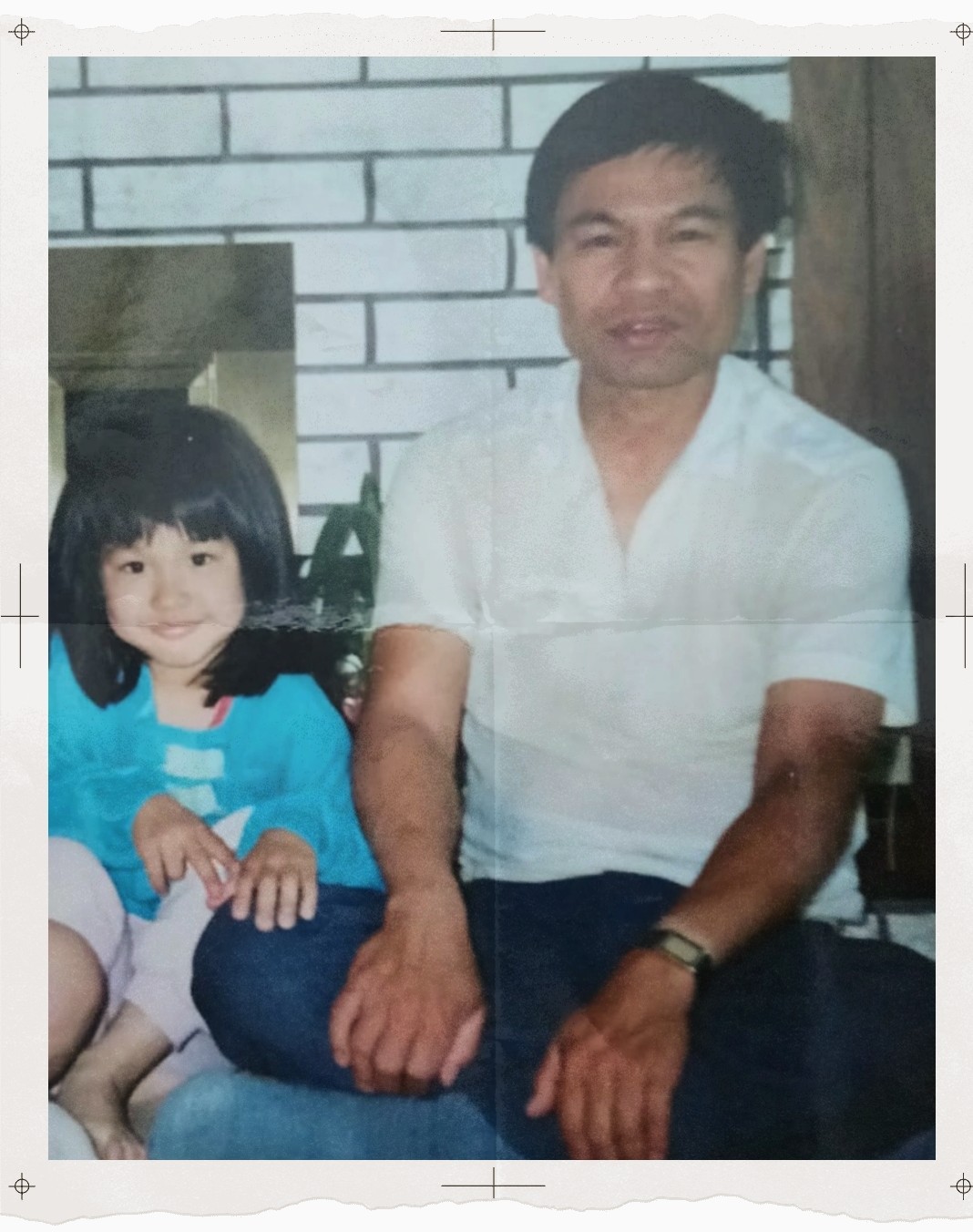Today marks the two-year anniversary of my dad’s passing, and the start of my grief.
It was quick—a short seven weeks from when I got the call about his acute leukemia to the day he passed in his hospital bed.
I can’t even imagine what he was going through, showing bravery on the outside, but on the inside battling the acceptance of understanding he’d no longer be waking up or seeing his family.
Saying goodbye was the hardest. There were so many things to say—what I’ll miss, a few regrets, but most of all, I just told him I loved him.
He passed a week after I flew back to my current residence in Australia, and the choice not to attend the funeral is something I’m not sure was right.
It’s been two years, and I finally have the courage to talk about the pain without shedding tears. And through this, I’ve taken the time to reflect on life, including things I wish I knew to better cope with death, especially from afar.
This is what I learned:
1. Don’t wait, ask for help.
It’s okay to ask for support and tell our friends and family how we’re feeling. In fact, they will want us to do this.
Grief is an uncomfortable subject, and they may not know how to act or what to say, and they may not want to bring it up with us.
I chose to only tell a few close friends in Australia, as I was reluctant to talk or think about it. Though, deep down all I wanted was for someone to ask about my fears and check in with how I was coping.
I chose not to reach out to my childhood friends in Canada, as I wanted to stay far away from the hurt, and I was afraid of being too vulnerable even with the people who know me the most.
We should voice to our friends and family how they can help, whatever we need—even if it’s just to keep us company or to listen.
2. Be mindful of our moods.
There will be days when we’re feeling okay, and days when we’re sad, and sometimes it changes between hours. We could be irritable, impatient, and the moods could feel ever-changing, but the close people around us will understand.
Still, it’s important to be mindful of the words and actions we take during this sensitive time, which may affect our valued relationships for those physically distant and nearby.
When my dad passed, I was down, I was sad, and it mentally consumed my mind. I wanted to preoccupy myself, so I focused deeply on work with my head down from nine-to-five, and opted not to maintain my established relationships.
This obsession with work turned into criticism of myself or those of my colleagues’ output, and in hindsight I may have used insensitive words and reacted rashly.
The lesson here is to stay self-aware, continue to be the kind people we are, and don’t allow sadness to turn into selfishness and take away the best version of us.
3. Funerals are for the living.
It’s a dreadful day when we say our final goodbye to our parent and mourn their death. However, it’s much more than that, and I didn’t realise it until now.
I had just flown back to Australia prior to his passing and made the difficult decision not to the attend the funeral in person. I had already said my goodbye and so I opted to video call in.
In retrospect, I wish I were there. I would have wanted to see his grave and be with my family as we share the pain and experience together. I would have wanted to take the needed time to talk through how everyone was doing and how I was feeling—which would have certainly helped with coping with his death from afar.
4. Check in with family.
Being across the world makes it difficult to sense how people are truly feeling, and so it’s important to stay in touch and check in.
People grieve in different ways. Some choose to talk it out, and others choose to keep it to themselves (me).
Since my dad’s death, I have not explicitly spoken to my family on how everyone is coping. Perhaps, it’s because I come from a family that refrains from sharing emotions, but if you’re able to ask ,”How are you doing without him?” and, “Are you still thinking of him?” please do.
We haven’t communicated how his death has impacted us through words, but I see it through our actions. We have gotten closer and tighter. We’ve been on two family vacations since then, spent more time together, and even started a group chat—perhaps that’s the silver lining in all of this.
5. There’s no time frame for grief.
In time it will be less painful, but there is no specified time frame.
I had thought I would be okay within the year. I was wrong. His one-year death anniversary came and went, and I would still suddenly burst into tears when speaking about him.
Sometimes I think it’s because I don’t have the closure I need. I have yet to fly home to visit his grave and say the proper goodbye that I missed out on.
The memories will come and go, and certain situations may trigger sadness.
Just know, one day those tears will turn into calmness and you will start to reminisce the great times together.
It’s been two years, and I can finally celebrate his life, instead of mourning his death. I can read our old email exchanges and smile, instead of cry.
Of course, there are days I still think about the what ifs—what if I checked on his health earlier, and what if I didn’t move away. And there are days I just wish I could call and update him about my life.
So if you’ve lost a parent, I hope this helps. Take the time to grieve and go through all its stages. It’s okay to be vulnerable and ask for the support you need.
And if you haven’t lost a parent, spend more time with them now. You won’t regret it.
~







Read 12 comments and reply